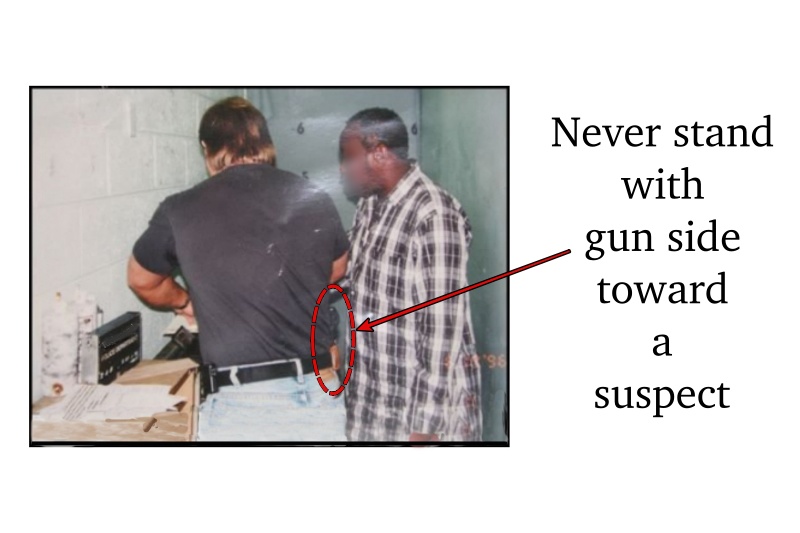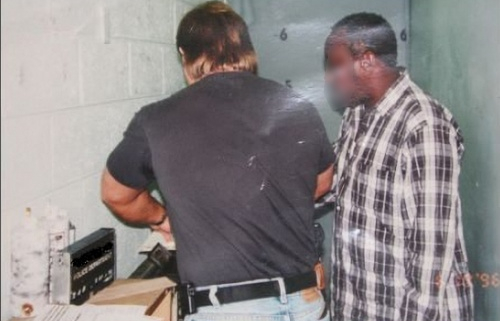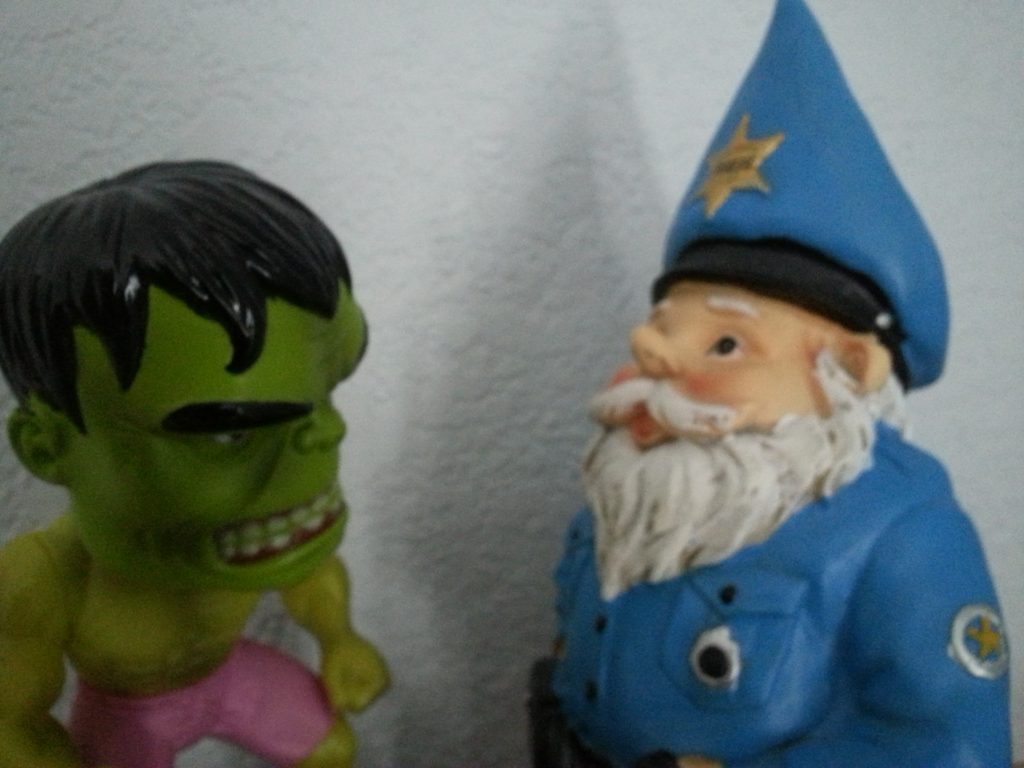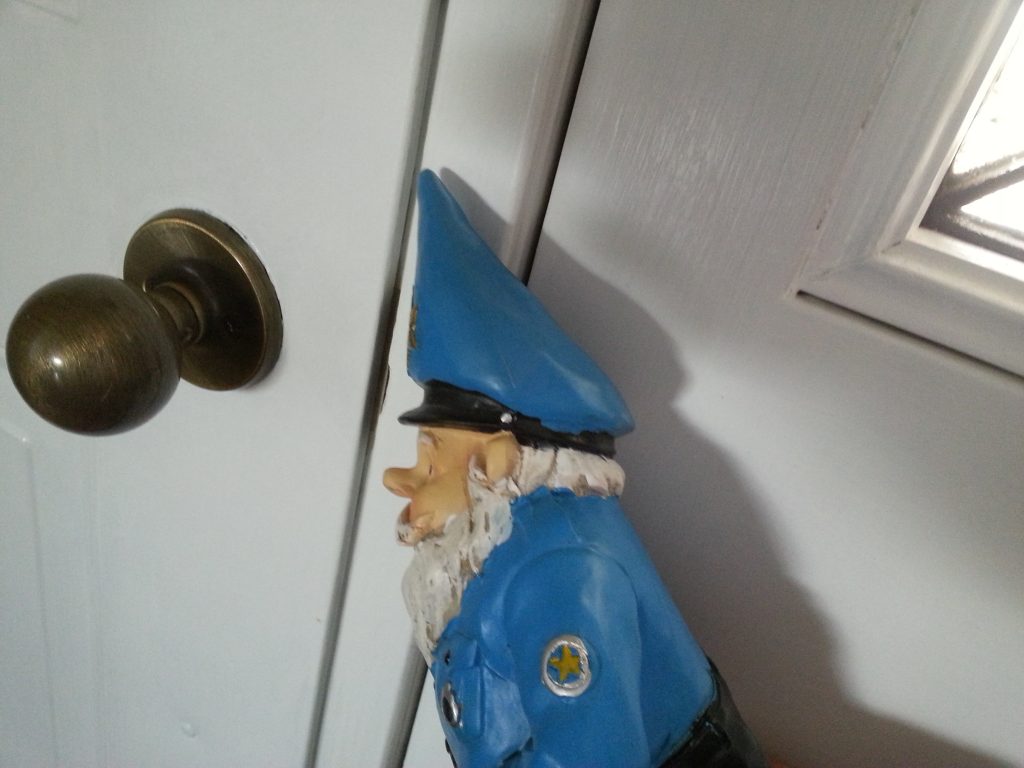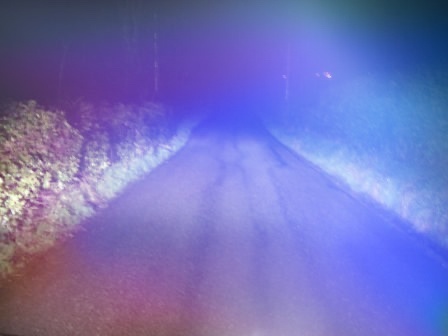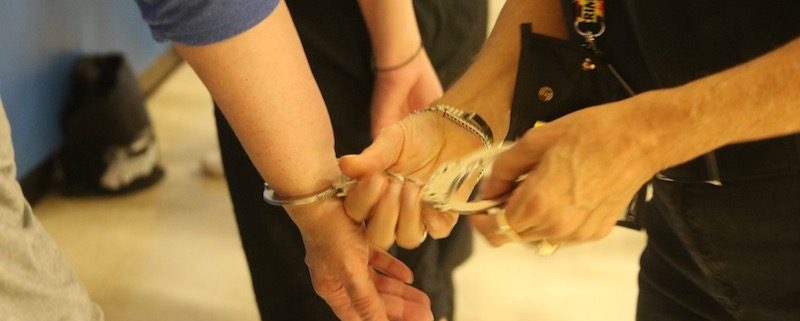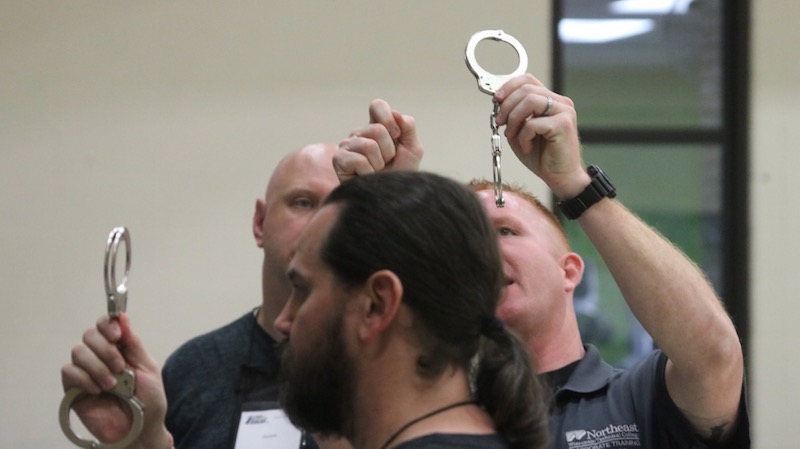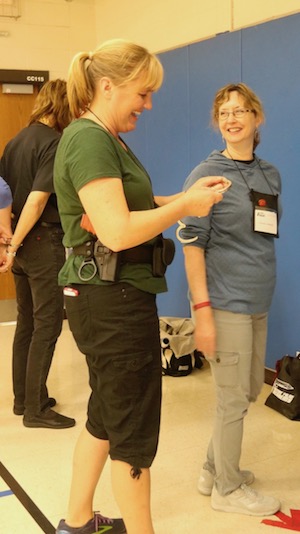No doubt about it, police officers have a dangerous job. Sure, their training teaches them many ways to stay safe, but time passes and officers develop their own routines. Unfortunately, the “it won’t happen to me” mindset often tags along with a “routine.” As a result, well, sometimes unfortunate things happen when an officer lets down his guard and/or ignores his training.
No two calls are exactly the same. Events unfold differently. No two suspects act in the exact same manner. No two houses or businesses are exactly the same (layouts and furnishings differ). Vehicles and their occupants differ. Even the people with whom officers interact with on a daily basis behave differently from one day to the next—moods change, life events affect disposition, etc.
Cases and scenarios are never exactly like those taught and practiced in the academy. And, well, you get the idea—officers must be able to react appropriately to every single situation, even when they change course every few minutes or even as quickly as a fraction of a second.
So, using what they’ve been taught, combined with a handful of common sense, state, federal, and local law, and a boat load of department rules and regulations, officers go about their daily business of keeping people safe while enforcing the laws of their communities and states. Easy money, right?
After all, what could possibly go wrong if officers follow rules and the procedures they learned during training? Well … there is a slight problem. You see, police officers are human. I know, that’s a bit of eye-opening news. But it’s true. Let’s all say it together. POLICE OFFICERS ARE HUMAN. And what is it that humans do on occasion? That’s right. They make mistakes from time to time. We all do.
The problem with a police officer making a mistake, even a slight one, is that his error could result in the loss of a life, including their own. Think about that for a minute. We make a mistake like … oh, let’s say we slipped up and left a grocery bag on top of the car and then drove off spilling prune juice, Preparation H, and a couple of boxes of Depends along the way home. What’s the worst that could happen other than our neighbors learning about our pesky bowel troubles?
Police officers, however, make one little mistake, such as forgetting to load their gun after cleaning it, and the next thing they know they’re in a one-sided shootout.
So let’s explore a few things cops should NOT do. Here’s a list of ten.
1. When accepting a prisoner/suspect from another officer, NEVER assume the other officer conducted a thorough search. Always, Always, Always search every suspect before placing them inside your patrol vehicle, even if it was your captain or your training officer who delivered the prisoner to you.
2. Never assume a suspect is compliant, even if they seem meek and mild at the time of arrest. You never know what will set them off. Handcuff every suspect/arrestee, with hands behind the back, before placing them in your car.
3. Never give up during a fight. Remember, you WILL survive and you WILL win. No exceptions, even when the bad guy is bigger, meaner, and stronger … and green.
4. Never lose your temper. Remaining calm allows an officer to think through the situation. Knee-jerk reactions often occur during moments of anger, and knee-jerk reactions are not always, if ever, the appropriate response to the immediate situation. Be cool and your training and common sense will tell you what to do next.
5. Never allow anyone to invade your personal space. Keep them (especially criminal suspects) at least an arm length or more away from you. Any closer and you’ll not be able to react properly should an attack occur.
6. Never hold your flashlight in your “gun hand.” Doing so would prevent you from drawing your weapon should you need it in a hurry.
7. When knocking on a door, never stand directly in front of it. Doors do not stop bullets (the same is so for drywall, plywood, etc.).
8. Do not allow emergency situations to cloud your judgement and thoughts. This includes when at the local jail or other places where you’ve secured your weapon inside a lockbox while processing a suspect. There’s nothing worse than arriving at the scene of an intense shootout where you suddenly realize that you’ve left your gun at the county jail. As they say, been there done that, and I’ll never forget it. I was at the county jail booking a prisoner I’d arrested when an “officer needs assistance call” came spewing from my portable radio. A deputy had stopped a car driven by a wanted armed robber. I turned the prisoner over to the jail officers and rushed out to my car to head to the scene.
When I arrived I hopped out of my car and reached for my sidearm before we approached the vehicle. That’s when I realized that I’d I’d allowed adrenaline to overcome my thoughts and, well, I’d left my gun in the lockbox at the jail. At that moment, the key to the lockbox in my pocket felt as if it then weighed a ton. Fortunately, though, I had a shotgun in the trunk of my car. Otherwise, I was completely useless to my fellow officer. By the way, “gun in the lockbox” faux pas happens quite bit.
9. Always use enough force to overcome a suspect’s resistance, but never use a level of force that’s unreasonable or too great as to cause unnecessary pain or injury. If a few strong words is enough to convince a suspect to allow an officer to apply restraints, then that’s all the force that should be used by the officer. However, if the subject is punching, head-butting, kicking, biting, scratching, and attempting to rip the officer’s gun from its holster while shouting “Ima kill you if I can get this gun,” then it’s time to use whatever force is necessary to stay alive. Remember, these situations can often erupt in a split second; therefore, there’s not time to stop and formulate a plan of action before reacting to the situation. It’s sometimes easy to overreact, which is why it’s so important for officers to receive regular training. But, with department budget and staffing shortages, extra training these days is often a luxury that’s not available in many areas.
10. Never, under any circumstance, give up/surrender your weapon. That’s NEVER, as in NEVER.
The sleepy and exhausted detective in the top photo is fingerprinting a suspect at 3:00 a.m. He’d worked around the clock the previous day to gather enough evidence to obtain a search warrant for a private residence. He and an entry team served the warrant around midnight the following night when the detective arrested the man for possessing and selling large quantities of cocaine. Do you see anything that’s wrong and/or absolutely unsafe?
How about safety rule #11 …
